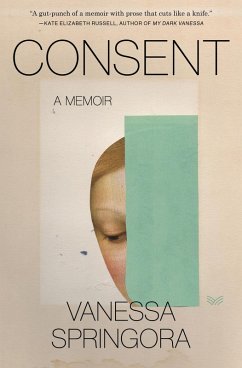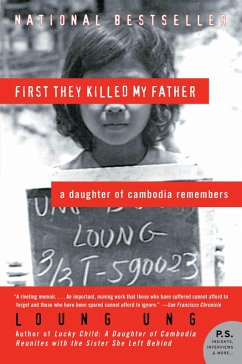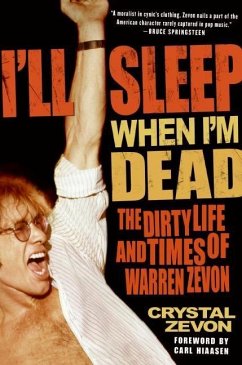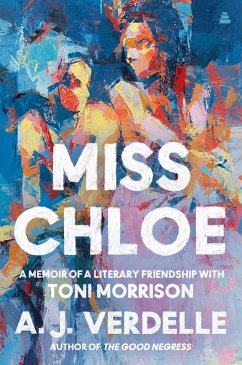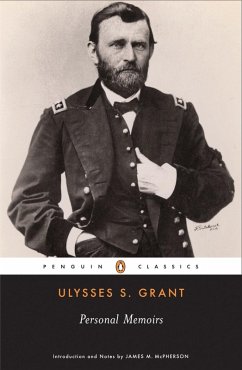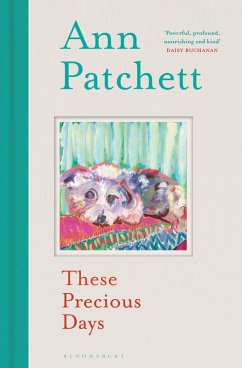
The War Diaries (eBook, ePUB)
World War II Written by the People Who Lived Through It

PAYBACK Punkte
0 °P sammeln!
Based on select writings from an exceptional Amsterdam archive containing more than two thousand Dutch diaries from World War II, The Diary Keepers illuminates a part of history we haven't seen in quite this way before. Nina Siegal, an accomplished journalist and novelist, weaves together excerpts from the daily journals of collaborators, resistors, and the persecuted-a Dutch Nazi police detective, a Jewish journalist imprisoned at Westerbork transit camp, a grocery store owner who saved dozens of lives-into a braided nonfictional narrative of the Nazi occupation and the Dutch Holocaust, as i...
Based on select writings from an exceptional Amsterdam archive containing more than two thousand Dutch diaries from World War II, The Diary Keepers illuminates a part of history we haven't seen in quite this way before.
Nina Siegal, an accomplished journalist and novelist, weaves together excerpts from the daily journals of collaborators, resistors, and the persecuted-a Dutch Nazi police detective, a Jewish journalist imprisoned at Westerbork transit camp, a grocery store owner who saved dozens of lives-into a braided nonfictional narrative of the Nazi occupation and the Dutch Holocaust, as individuals experienced it day by day.
Siegal provides the context, both historical and personal, while she tries to make sense of her own relationship to this past. As a "second-generation survivor" born and raised in New York, she attempts to understand what it meant for her mother and maternal grandparents to live through the war in Europe in those times. When Siegal moved to Amsterdam, those questions came up again, as did another horrifying one: Why did 75 percent of the Dutch Jewish community perish in the war, while in other Western European countries the proportions were significantly lower? How did this square with the narratives of Dutch resistance she had heard so much about, and in what way did it relate to the famed Dutch tolerance?
Searching and singular, The Diary Keepers takes us into the lives of seven diary writers and follows their pasts into the present, through interviews with those who preserved and inherited these diaries. Along the way, Siegal investigates the nature of memory and how the traumatic past is rewritten again and again.
Nina Siegal, an accomplished journalist and novelist, weaves together excerpts from the daily journals of collaborators, resistors, and the persecuted-a Dutch Nazi police detective, a Jewish journalist imprisoned at Westerbork transit camp, a grocery store owner who saved dozens of lives-into a braided nonfictional narrative of the Nazi occupation and the Dutch Holocaust, as individuals experienced it day by day.
Siegal provides the context, both historical and personal, while she tries to make sense of her own relationship to this past. As a "second-generation survivor" born and raised in New York, she attempts to understand what it meant for her mother and maternal grandparents to live through the war in Europe in those times. When Siegal moved to Amsterdam, those questions came up again, as did another horrifying one: Why did 75 percent of the Dutch Jewish community perish in the war, while in other Western European countries the proportions were significantly lower? How did this square with the narratives of Dutch resistance she had heard so much about, and in what way did it relate to the famed Dutch tolerance?
Searching and singular, The Diary Keepers takes us into the lives of seven diary writers and follows their pasts into the present, through interviews with those who preserved and inherited these diaries. Along the way, Siegal investigates the nature of memory and how the traumatic past is rewritten again and again.
Dieser Download kann aus rechtlichen Gründen nur mit Rechnungsadresse in A, B, BG, CY, CZ, D, DK, EW, E, FIN, F, GR, HR, H, IRL, I, LT, L, LR, M, NL, PL, P, R, S, SLO, SK ausgeliefert werden.




